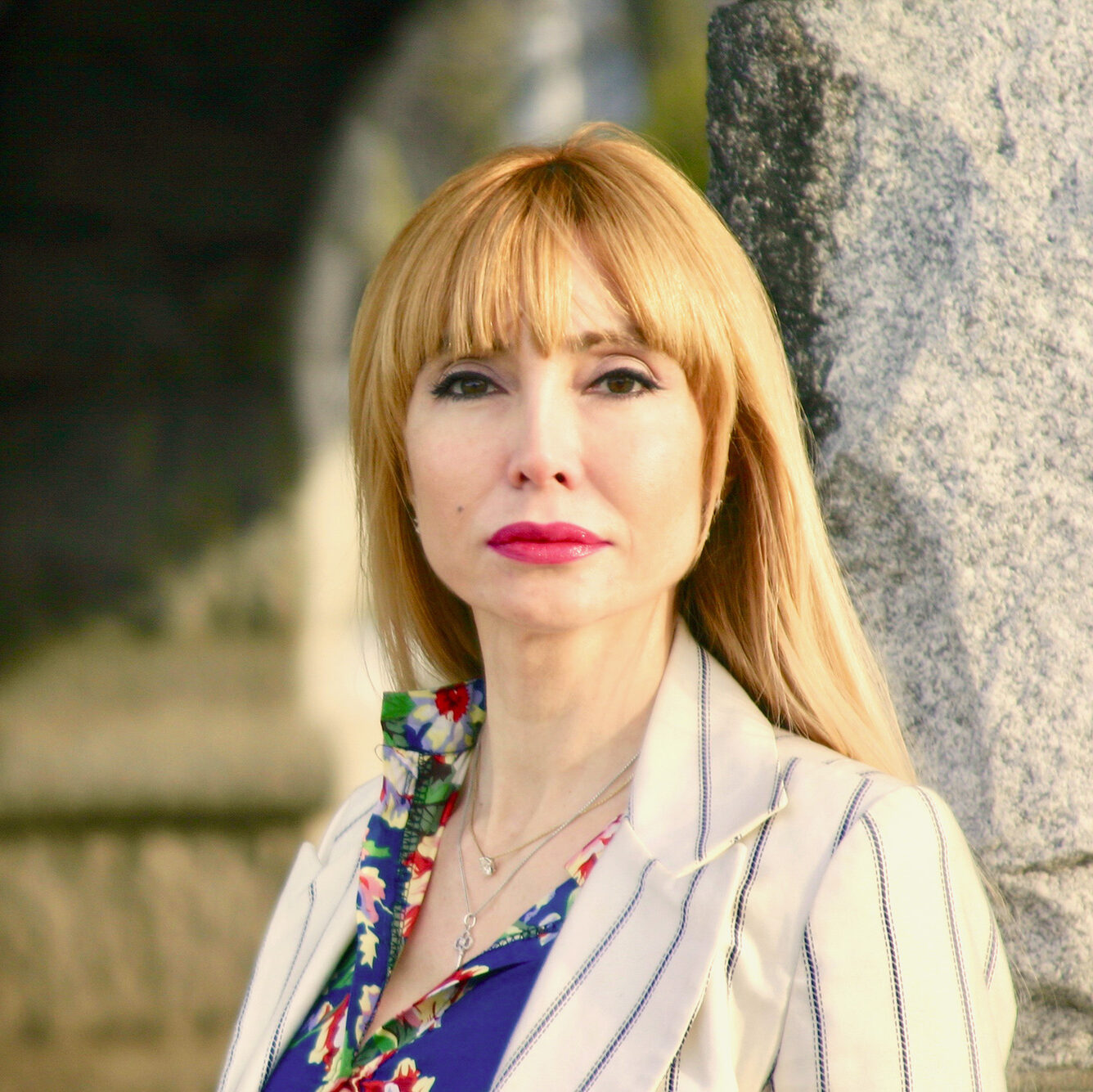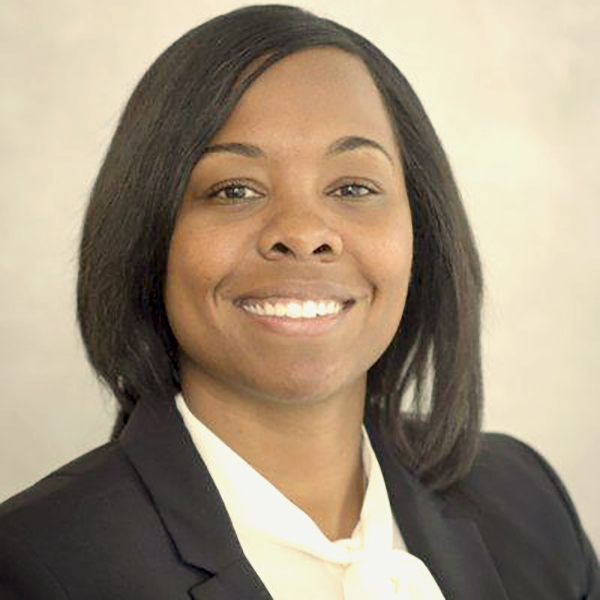Why did you decide to earn a degree at Harvard Extension?
As a quant scientist in alternative investments, I realized that in order to have longevity in my career with the new state of technology, I was going to have to go back to school. I needed to relearn computer science and learn to code in all the new languages that I didn’t know. Furthermore, I had to learn artificial intelligence and data science. Now, I’m at the forefront of my career, and the possibilities are so exciting. New frontiers are opening for me.
How has this experience helped you in your career or personal development?
It has been extremely intellectually stimulating. It was an ambitious accomplishment. I published machine-learning and deep-learning research in scientific journals and have been invited to speak at two data conferences in Dubai and London, as well as trade conferences. Most importantly, this experience has given me the intellectual ambition to merge finance, science, and computer science. Now, I am heavily invested in working in the new frontier of blockchain and cryptocurrencies, making efficiency improvements to old technologies and techniques.
What was the most rewarding aspect of your time at Harvard Extension?
I’ve noticed that people may forget what you did, or what you said, but people are not likely to forget how you made them feel. They will associate your influence with those feelings.
Key people at Harvard University and Harvard Extension School made me feel that I could refuse the status quo when deafness struck me in 2014, six months before starting the program. They made me feel that I could find in Harvard and Harvard Extension a reinvention and an evolution—to adapt to what the world will need, in spite of how life had knocked me down. They made me feel that I could strive for plan A and shed the shackles of disabilities, before settling for plan B. With the One Harvard initiative, I found inspiration to conquer the physical limitations holding me down.
As a result of One Harvard, I finish these four years transformed. I became one with my hearing disabilities while embracing the cruel fact that I will never hear the voices of my children change as they grow. Most importantly, I can show to my children that, as the great Stephen Hawking said, “People need not be limited by physical handicaps as long as they are not disabled in spirit.”
What types of student resources and special options did you take advantage of as a student at Harvard?
Well, I am a special case student because I have three hearing disabilities. My hearing disabilities are neurosensorial and unfortunately started six months before I started at Harvard Extension School in 2014. I must say, I wasn’t just devastated or overwhelmed—I was petrified.
I had no idea how I was going to get through one day let alone four years. Because of the type of hearing disabilities I have, I can’t be helped by medicine in any way—I’m not a candidate for hearing aids nor for cochlear implants. But thanks to Harvard and Harvard Extension School I was able to overcome what I thought was not possible.
The disabilities office of Harvard Extension School—Linda and the amazing team there—did everything possible for me to be able to learn. I was able to not only rely on the resources of the disabilities office, but I also was able to have a group of the most amazing people who always rooted for me to be successful and alleviated the burdens life had so suddenly given me.
Moreover, the advisors at Harvard Extension are tremendous resources, from admissions advisor Jarumi Crooks to my degree advisor Lynn Rublee. They didn’t just help me with course decisions—they truly became part of my Harvard family. The advisors are the most underused resource at our school and they are there just for us, the students. They know and understand our plight as workers and family people, and their care and outstanding work ethics permeate all that they do for us.
How did you manage fulfilling the on-campus requirement as a distance student?
I was a distance student, hence that meant commuting from Chicago for the on-campus requirements. However, I truly enjoyed being on campus and I ended up going to Harvard two or three times a semester, going to the John A. Paulson School of Engineering and Applied Sciences (SEAS), attending lectures and labs, even though I had already fulfilled my on-campus requirement for that semester.
It helped me build community and truly enhance my experience. Maybe my experience was very idiosyncratic as 90 percent of my courses were at SEAS. Because of the nature of the courses at SEAS, my experience was not that different than the students on campus—even the lectures were live-streamed and we always had a teaching fellow (TF) online answering questions we had. It truly was a virtual classroom.
Now that I have been a TF in the Data Science program, I know how much work the professors go through at the Institute for Applied Computational Sciences to make sure the experience is seamless, regardless of the class one is participating in.
This interview has been edited for clarity and length.

